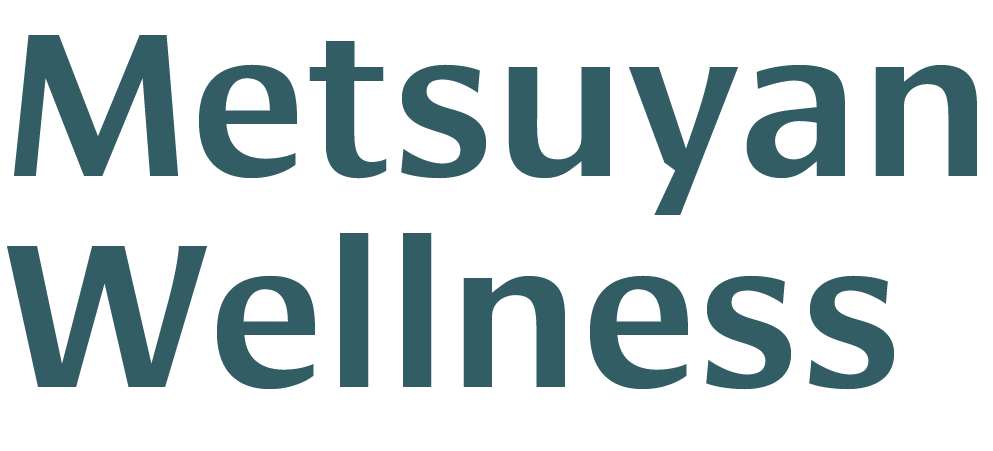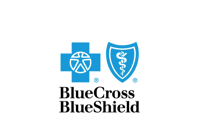F.A.Q
What is Acupuncture?
Acupuncture is a complete healthcare system that has been used for thousands of years to promote, restore and maintain good health. The philosophy underlying Acupuncture is that the body’s life force energy Qi (pronounced “Chee” ) flows around the body through channels called meridians. When we are in good health the Qi flows around the body smoothly going to various organs, providing nourishment and protection. If the flow of Qi gets disrupted, blockages can occur and we can experience pain and illness. The flow of Qi can be disrupted internally by our emotional state, such as anger, grief, worry, stress or externally by factors such as injury, trauma, poor nutrition or infection. By inserting very fine sterile needles at specific points in the body, acupuncture promotes the body’s natural healing response and helps the Qi to flow freely and smoothly. Acupuncture works to maintain the body’s equilibrium by focusing on all aspects of wellbeing – physical and emotional. As well as treating the symptoms that a patient presents with, acupuncture treatments are aimed at the root of the condition, which can have a deeper and more permanent effect on the problem presented.
Does it hurt?
Acupuncture needles are extremely thin, comparable to a cat’s whisker or strand of hair. People are often surprised when they see how tiny an acupuncture needle is, it is very different from the type of needle that is used to draw blood or give you an injection. You may have a sensation when the needle is going in, some people describe it like a zap of electricity or a slight pinch, and other people don’t feel a thing. Once the needles are in people usually feel very relaxed on the table and many fall asleep during treatment.
Is it safe?
Acupuncture is extremely safe. Sterile disposable needles are used once and then disposed of safely.
What does acupuncture treat?
The World Health Organization has researched and proven acupuncture to be effective for over 60 different conditions.
CARDIOVASCULAR DISORDERS: Dizziness / Vertigo, Heart Palpitations, Hypertension, Low Blood Pressure, Poor Circulation
DERMATOLOGICAL DISORDERS: Acne, Eczema, Hives, Psoriasis, Rashes
GASTROINTESTINAL DISORDERS: Acid Reflux, Constipation, Crohn’s Disease, Diarrhea, Irritable Bowel Syndrome (IBS), Hemorrhoids, Ulcers
GYNECOLOGICAL / GENITOURINARY DISORDERS: Chronic Bladder Infection, Complications in Pregnancy, Endometriosis, Fibroids, Impotence, Infertility in Men and Women, Irregular, Heavy or Painful Menstruation, Kidney Stones, Menopause, Morning Sickness, Premenstrual Syndrome (PMS), Sexual Dysfunction
MENTAL, EMOTIONAL OR PSYCHOLOGICAL DISORDERS: Addiction, Anxiety, Attention Deficit Disorder (ADD), Depression, Insomnia, Obsessive Compulsive Disorder (OCD), Stress
MUSCULOSKELETAL AND NEUROLOGICAL DISORDERS: Arthritis, Back Pain, Bell’s Palsy, Carpal Tunnel Syndrome, Chronic Fatigue Syndrome, Fibromyalgia, Headache & Migraine, Knee Pain, Neck Pain, Peripheral Neuropathy, Sciatica, Trigeminal Neuralgia
RESPIRATORY SYSTEM: Allergies, Asthma, Bronchitis, Common Cold, Pneumonia, Sinusitis, Sore Throat
MISCELLANEOUS: Boost the Immune System, Chemotherapy/Radiation Side Effects
What can I expect during treatment?
Treating each patient as an individual is one of the core philosophies of acupuncture – each diagnosis and subsequent treatment is designed specifically for each patient. The first treatment includes a detailed medical and social history, Chinese physical examination and a needle treatment. The first appointment is for 2 hours.
Subsequent treatments last an hour and include a brief conversation to discuss how you are followed by a needle treatment. Every time I see you I will look at your tongue and feel your pulse because this informs the treatment plan.
Do I need to feel ill to get acupuncture?
No – Acupuncture can be used to help restore balance to the body when you feel unwell and it can be used as a preventative measure – a bit like regularly taking your car to be serviced so that it runs well.
Does insurance cover acupuncture?
Acupuncture is increasingly being covered by insurance companies. Coverage for care is dependent upon the terms and conditions of your health insurance plan. In addition to cash, check, or credit card payments at the time of service, I am also an in-house provider for the following plans: CareFirst BlueCross BlueShield, and Aetna.
You must bring your insurance card and a photo ID to your first appointment. You may also send me your insurance information in advance of the first appointment so I can check your benefits before you arrive. If your insurance provider is not listed above, I can provide you with a receipt that you file directly with your insurance carrier for reimbursement.
Payment and policies
Payment is due at time of service. To cancel or reschedule appointments, 24-hours notice is required to avoid being assessed the full fee. No-shows for scheduled appointments are assessed the full fee for the appointment scheduled – emergency situations excepted.



